18 GPTs for City Planning Powered by AI for Free of 2025
AI GPTs for City Planning are advanced computational tools leveraging Generative Pre-trained Transformers technology to assist in urban development and planning tasks. These tools are designed to analyze, predict, and generate solutions for various aspects of city planning, including infrastructure development, traffic management, urban design, and environmental sustainability. By harnessing the power of GPTs, city planners and urban developers can access customized, intelligent solutions that help in making informed decisions, enhancing the efficiency of planning processes, and fostering sustainable urban growth.
Top 10 GPTs for City Planning are: 【公認】AI石丸伸二,ジピシティ GP City,展望未来,SimCity BuildIt Game Guru,City Hall Numbers,New Chandigarh - City Guide,Zoning - Boston,Urban,🏙️ Urban Mastermind Architect 📐,Zoning - Hillsborough Florida
【公認】AI石丸伸二
Your AI-powered guide to informed decisions.

ジピシティ GP City
Shape Your City's Future with AI-Powered Strategy

展望未来
Empowering Urban Innovation with AI
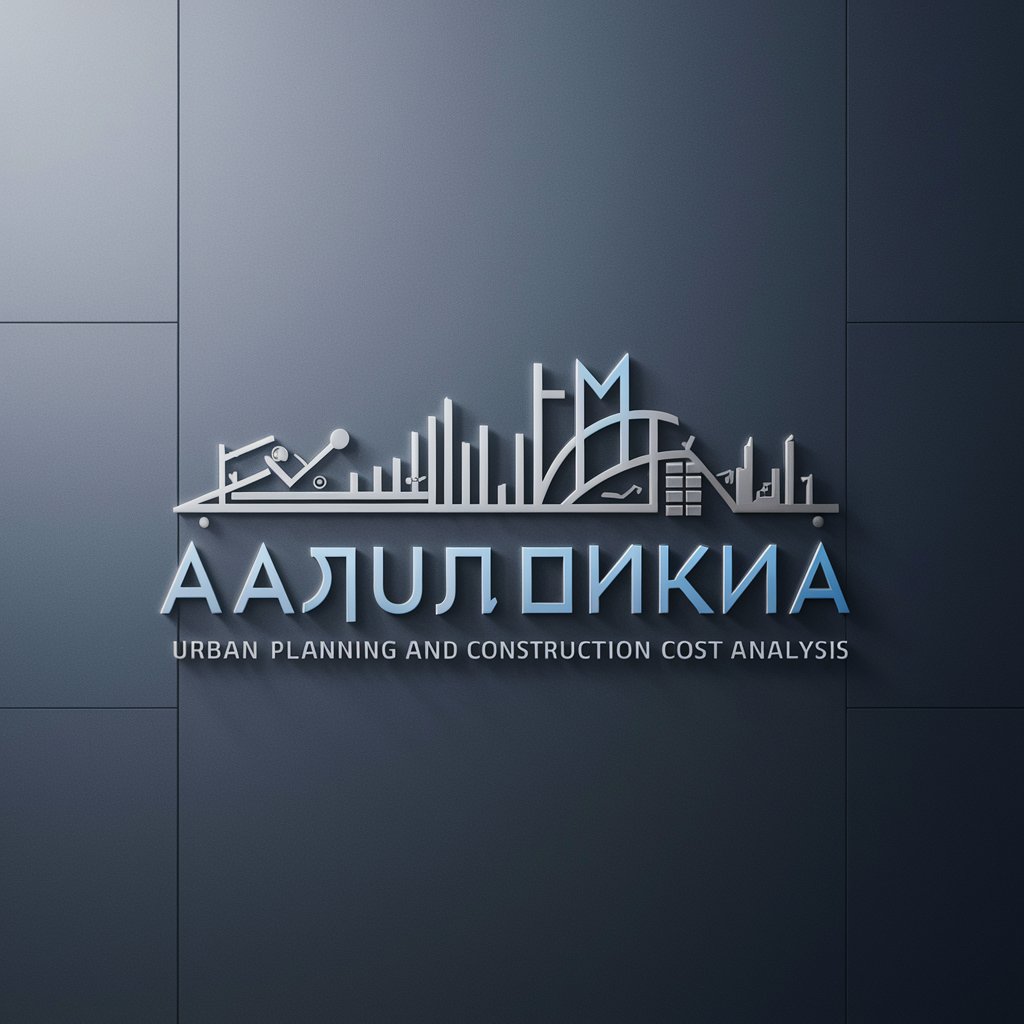
SimCity BuildIt Game Guru
AI-powered SimCity Strategy Companion

City Hall Numbers
Instantly find city hall numbers with AI.

New Chandigarh - City Guide
Explore New Chandigarh with AI
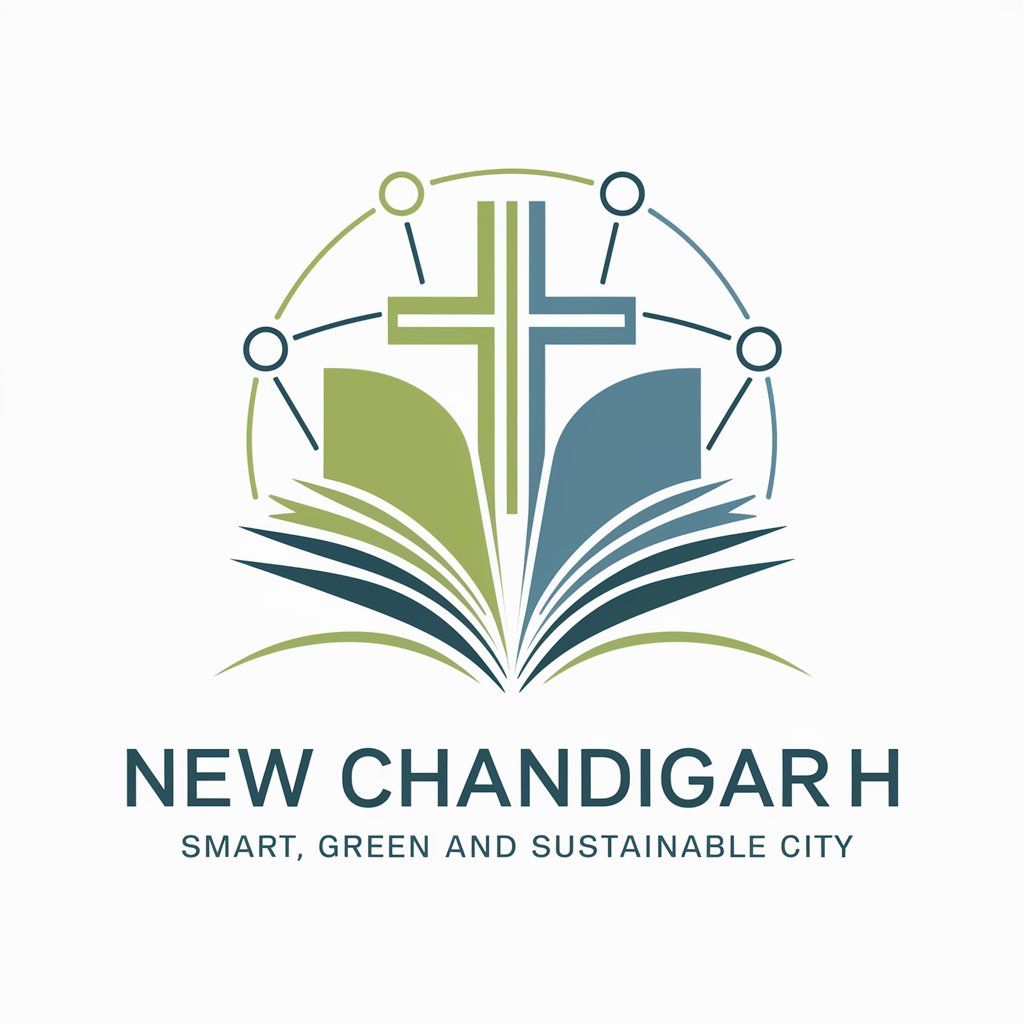
Zoning - Boston
Deciphering Boston's Zoning Complexity

Urban
Empowering Urban Lifestyles with AI
🏙️ Urban Mastermind Architect 📐
Designing Future Cities with AI

Zoning - Hillsborough Florida
Deciphering zoning complexities with AI
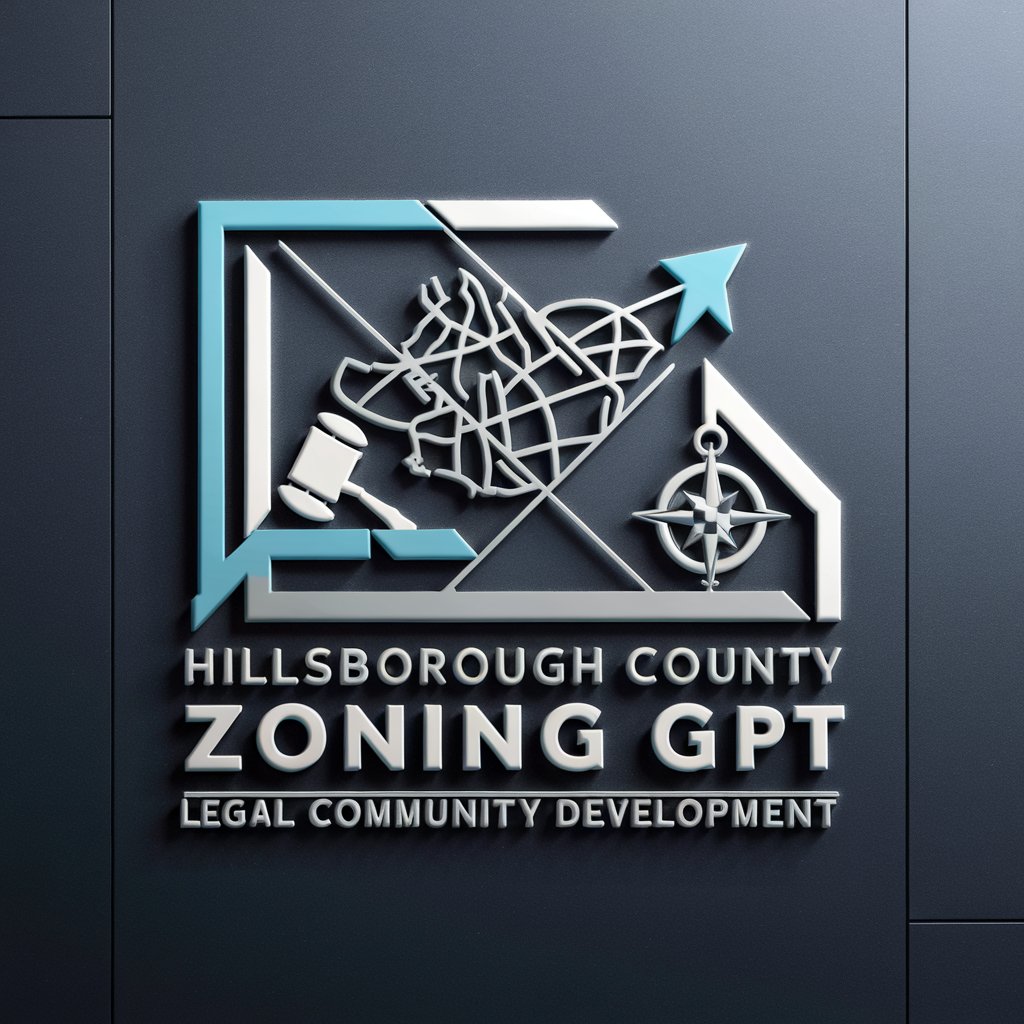
UN Habitat Designer
Design Tomorrow’s Urban Spaces Today

Zoning - Bristol, RI
Expertise in Bristol, RI's Zoning Regulations
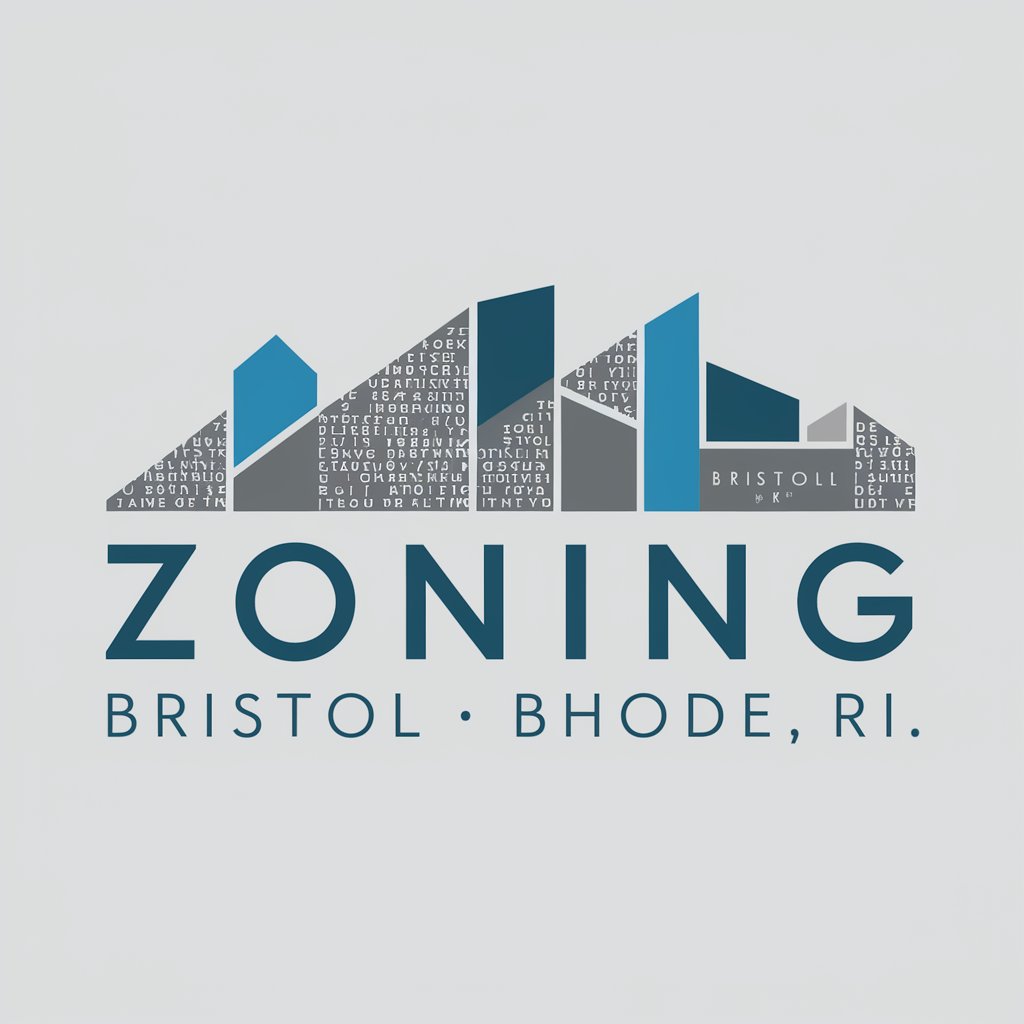
住みやすさ駅名探索
AI-Powered Station Livability Insights

みちばた俊彦 市政相談ナビ
Navigating city affairs with AI

Zoning - Solano County, CA
Navigate Zoning with AI-Powered Precision
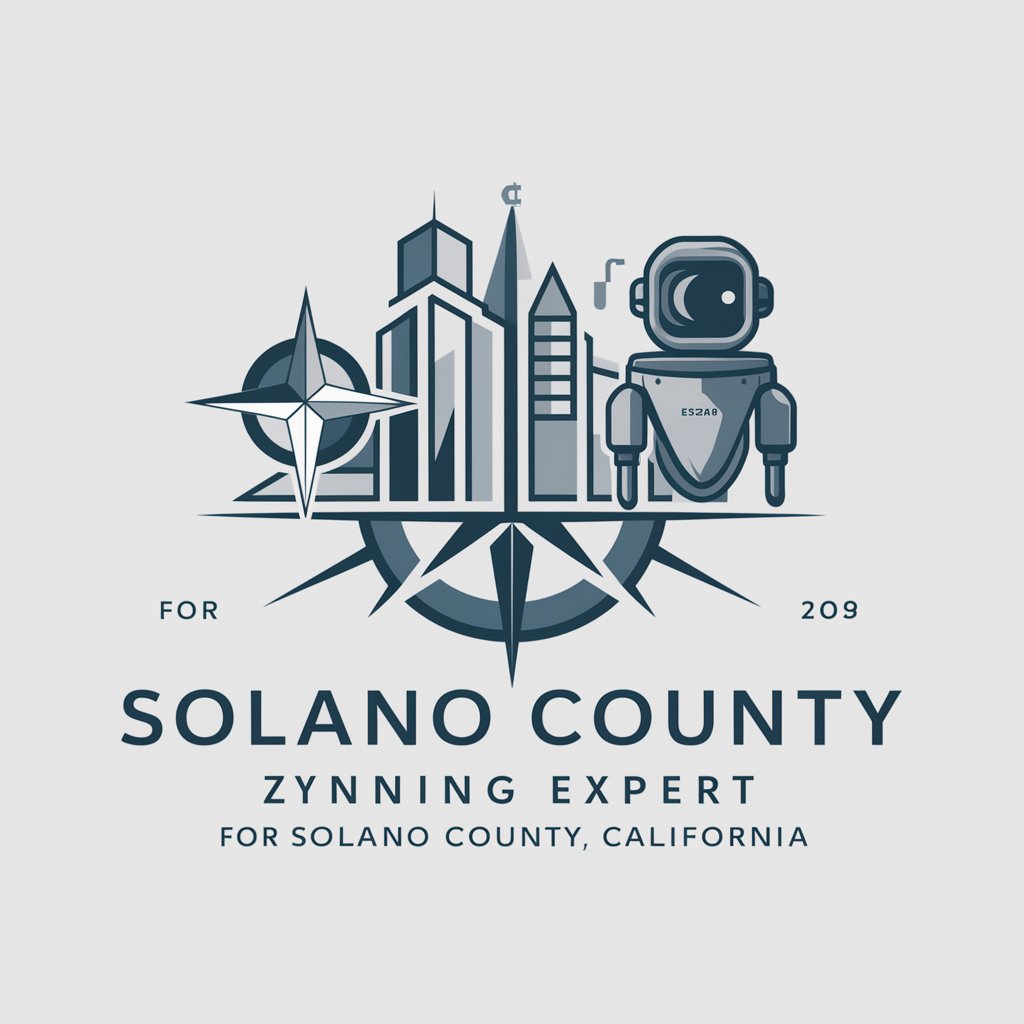
Zoning - North Kingston, RI
AI-Powered Zoning Guidance
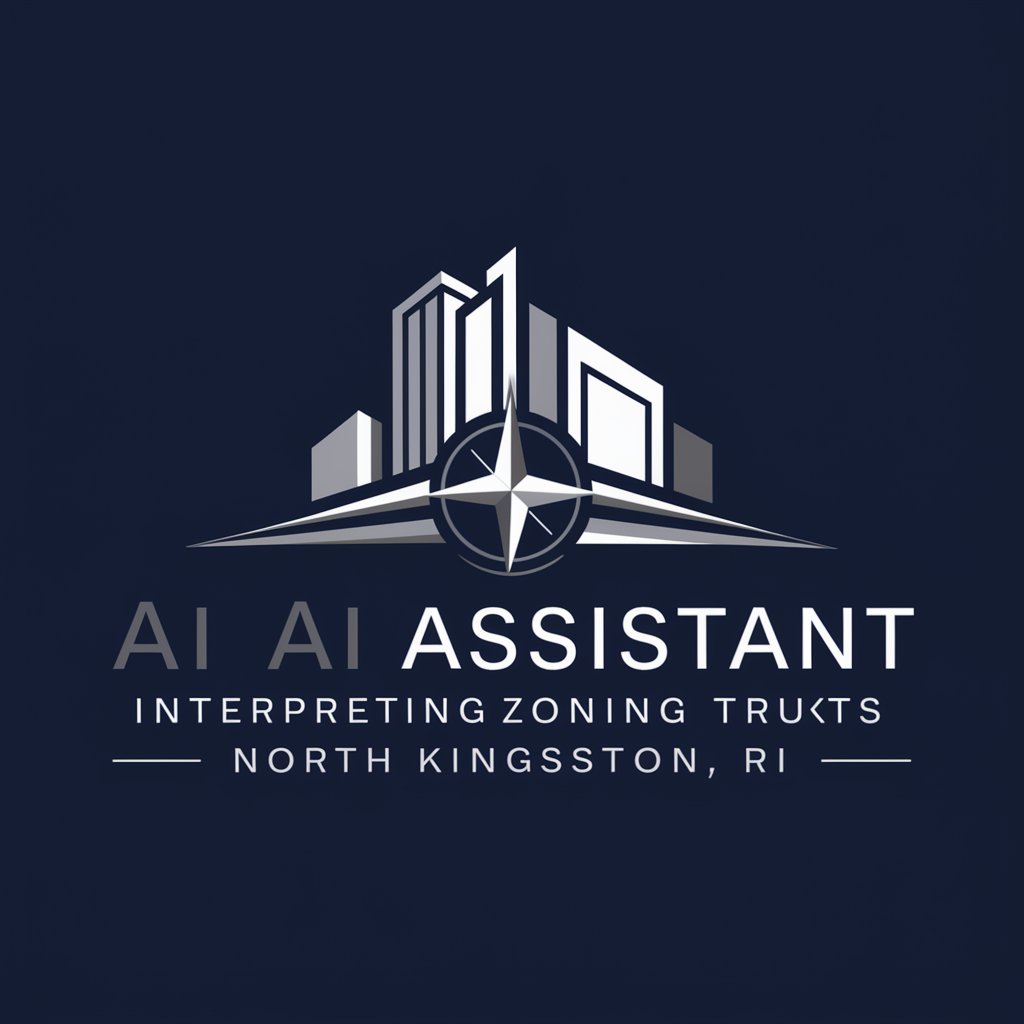
Jordan Greenway
Revolutionizing Urban Sustainability

Key Attributes and Capabilities
AI GPTs for City Planning are distinguished by their adaptability, allowing them to cater to a wide range of tasks from basic inquiries to complex scenario analysis. Core features include natural language understanding and generation, which enable these tools to interact in human-like conversations, providing technical support and insights. Advanced data analysis capabilities allow for the processing of large datasets, crucial for urban planning analytics. Image creation abilities offer visualization of urban plans or modifications. Moreover, the integration of web searching capabilities enriches these tools with the latest data and research findings, making them invaluable for comprehensive city planning.
Intended Users
AI GPTs for City Planning are ideal for a diverse group of users including urban planners, civil engineers, policy makers, and environmental consultants. They cater to novices in the field by providing straightforward, user-friendly interfaces for exploring city planning concepts. Simultaneously, developers and professionals with a technical background can leverage these tools for advanced customization and integration into existing planning frameworks, making these AI tools versatile and accessible to a wide audience.
Try Our other AI GPTs tools for Free
Military Tactics
Explore AI GPTs for Military Tactics: Revolutionizing strategic planning and decision-making with advanced AI, tailored for military and defense applications.
Diplomatic Strategies
Explore AI GPTs for Diplomatic Strategies to enhance your diplomacy efforts. Utilize advanced AI for negotiation, policy analysis, and cultural insights.
Consumer Sentiment
Discover how AI GPTs for Consumer Sentiment transform customer feedback into actionable insights with advanced analysis, enhancing business strategies.
Pop Improvisation
Explore AI GPTs for Pop Improvisation: your gateway to innovative pop music creation. Harness AI to generate lyrics, melodies, and full songs, tailored to the latest trends and your unique style.
Volatility Research
Explore the forefront of financial analysis with AI GPTs for Volatility Research, your advanced tool for understanding and predicting market volatility with precision.
Landscape Enhancement
Discover how AI GPTs revolutionize landscape enhancement, offering innovative solutions for sustainable and aesthetically pleasing environments through advanced analysis, design, and planning tools.
Further Observations
AI GPTs function as highly customized solutions across various sectors, including city planning. Their user-friendly interfaces and adaptability make them suitable for integrating into existing workflows, offering innovative solutions that cater to the specific needs of urban development projects. These insights highlight the transformative potential of AI GPTs in reshaping how city planning is approached, emphasizing sustainability, efficiency, and inclusivity.
Frequently Asked Questions
What are AI GPTs for City Planning?
AI GPTs for City Planning are intelligent tools designed to support urban planning processes through data analysis, scenario generation, and decision-making assistance.
How can AI GPTs assist in urban planning?
They can analyze urban data, generate planning scenarios, provide decision support, and visualize urban development outcomes, enhancing the planning process's efficiency and effectiveness.
Who can benefit from using these AI tools?
Urban planners, civil engineers, policy makers, environmental consultants, and even novices with an interest in city planning can benefit from these tools.
Do you need coding skills to use AI GPTs for City Planning?
No, these tools are designed with user-friendly interfaces for those without coding skills, though they also offer customization options for users with programming knowledge.
Can AI GPTs for City Planning integrate with existing systems?
Yes, they offer advanced customization options that allow for integration with existing urban planning frameworks and systems.
What makes AI GPTs unique in city planning?
Their ability to process and analyze large datasets, understand and generate natural language, and provide tailored solutions makes them unique in the city planning domain.
How do AI GPTs improve decision-making in urban development?
By providing data-driven insights, scenario analysis, and predictive modeling, these tools enhance the accuracy and strategic depth of urban planning decisions.
Are AI GPTs for City Planning up-to-date with current regulations and policies?
These tools are designed to incorporate the latest research, data, and policy developments, ensuring that planning recommendations are relevant and compliant with current standards.